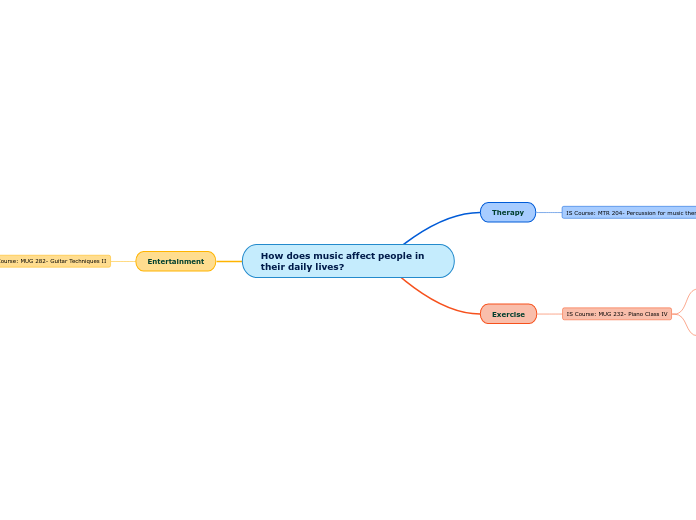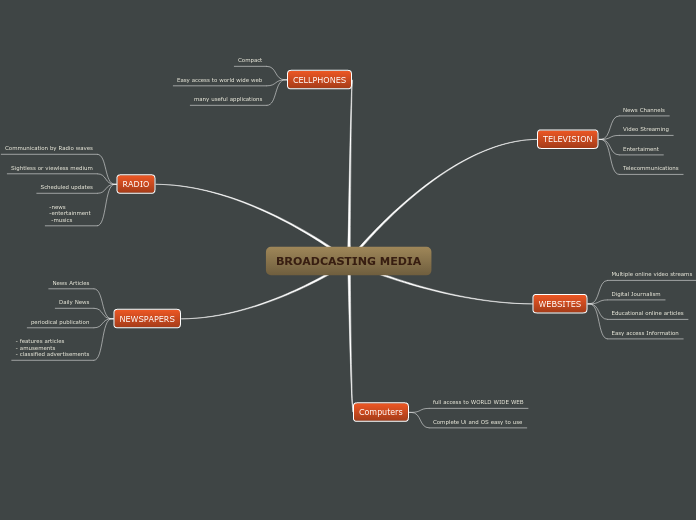von Raegan Crowe Vor 4 Jahren
228
How does music affect people in their daily lives?
Music plays a significant role in various aspects of daily life, influencing activities such as exercise, therapy, and entertainment. When people work out, they often listen to upbeat music to keep their adrenaline pumping and maintain motivation.









